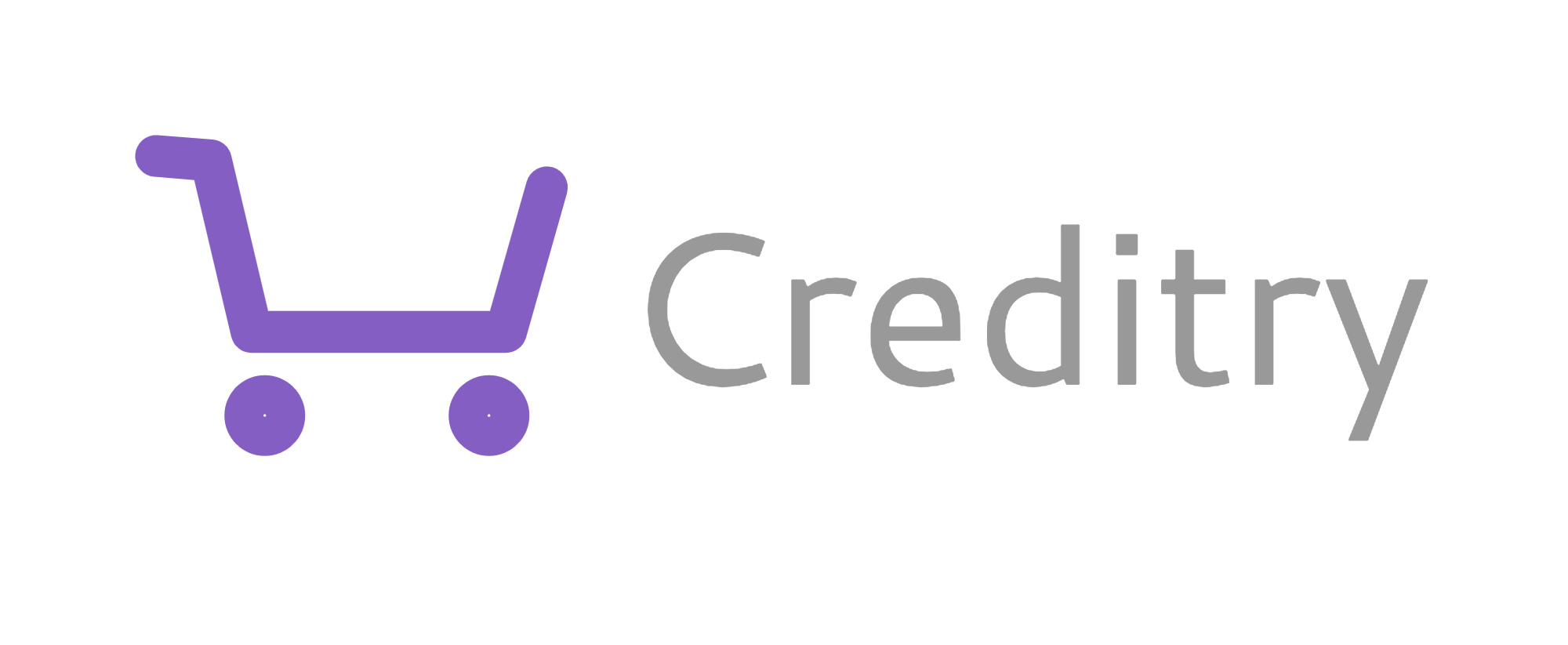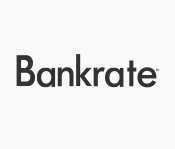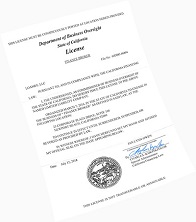What Is Refinancing?
Refinancing allows you to take the balance owed on your home loan and treat it like a brand-new home loan. You do similar paperwork and pay most of the same sorts of fees and closing costs as when you initially financed. Once completed, you have a completely new mortgage and the old one is gone.
There are several reasons a homeowner might wish to refinance. The most obvious is to lower their monthly house payments by treating their balance like a new loan. By the time a borrower qualifies for refinancing, they’ve been paying on their original mortgage for at least a few years and their balance should be lower than when they began. Rebooting the loan for the same number of years as when they began (30 is typical, but 15 or 20-year mortgages are not unusual) means stretching out that balance over a longer time period – hence, lower payments.
Another common reason to pursue refinance mortgage loan options is changing interest rates. If the original mortgage was set up on a fixed rate of interest and market rates have dropped, it might be worth paying the additional paperwork costs to refinance at the new, lower rates. Homeowners whose credit ratings have improved dramatically since initially setting up their mortgage might find a similar benefit. The interest rates for which they qualify now might be substantially better than those they could lock in a decade prior.
A different approach to refinancing is to shorten the amount of time remaining on the loan. While this may seem counterintuitive, improved finances or lower interest rates may make it possible for the homeowner to pay off the property more quickly than if they continue to follow the existing schedule. This may mean higher monthly payments, but if they can afford them, it means less interest paid over the life of the loan. It also means greater financial flexibility once the house is paid in full and the property truly and completely their own.
Some homeowners who refinance home loan mortgages take out extra funds. The new amount borrowed is added to the balance of the previous loan so that the borrower is essentially rolling their new loan into their refinancing, meaning it will be repaid as part of their new mortgage payment at the same rates and terms as their new house payment. This is called “cash out refinance” or “cash out refinancing,” as opposed to – you guessed it – “no cash out refinance” or “no cash out refinancing.”














